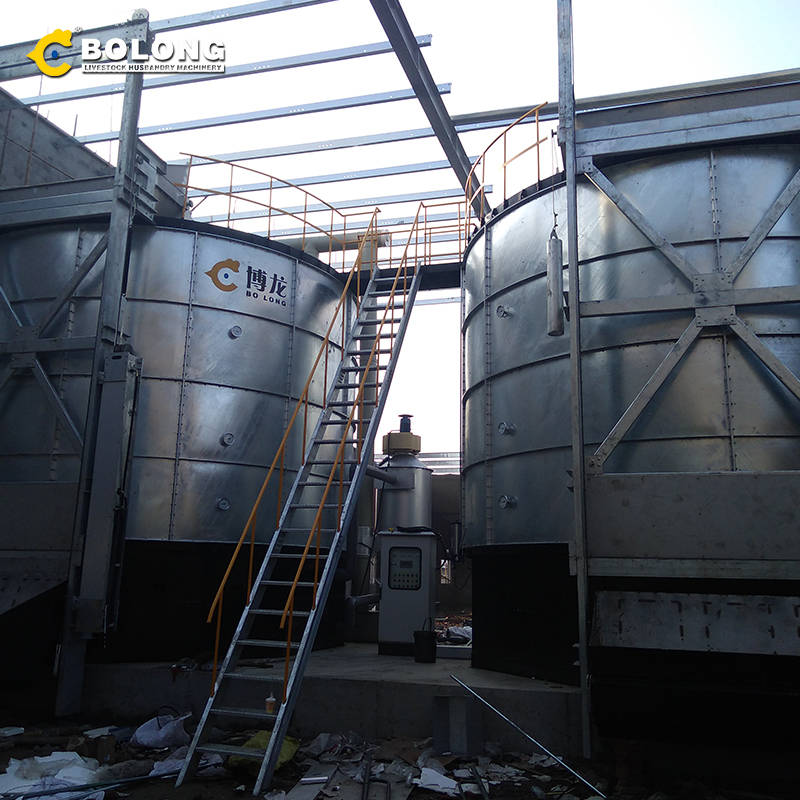
Brewery fermentation tanks are essential equipment in the beer production process. They provide a controlled environment for yeast to work its magic, converting sugars into alcohol, carbon dioxide, and a plethora of flavors. The design considerations, monitoring systems, and maintenance procedures associated with fermentation tanks play a critical role in ensuring the quality and consistency
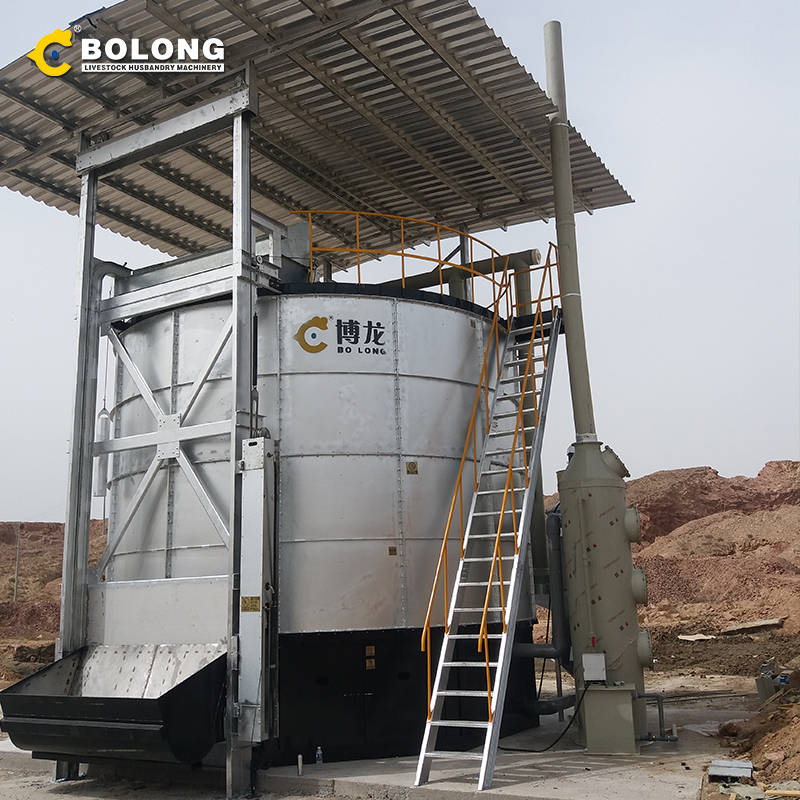
Chicken poo fermentation tanks for sale. The traditional static fermentation often lacks of oxygen and causes stinks. Shunxin chicken manure fermentation tanks use advanced designs. There is ventilation system on the fermenter for supplying oxygen. At the same time, we installed a biological deodorization device for dealing with the stink.

The Cornical™ Unitank allows fermentation, carbonation, and dispensing all in one vessel. This patented design is like nothing else on the market. The 7 gallon fermenter is based on a full-featured conical bottom and clamped to a Cornelius-type keg upper.
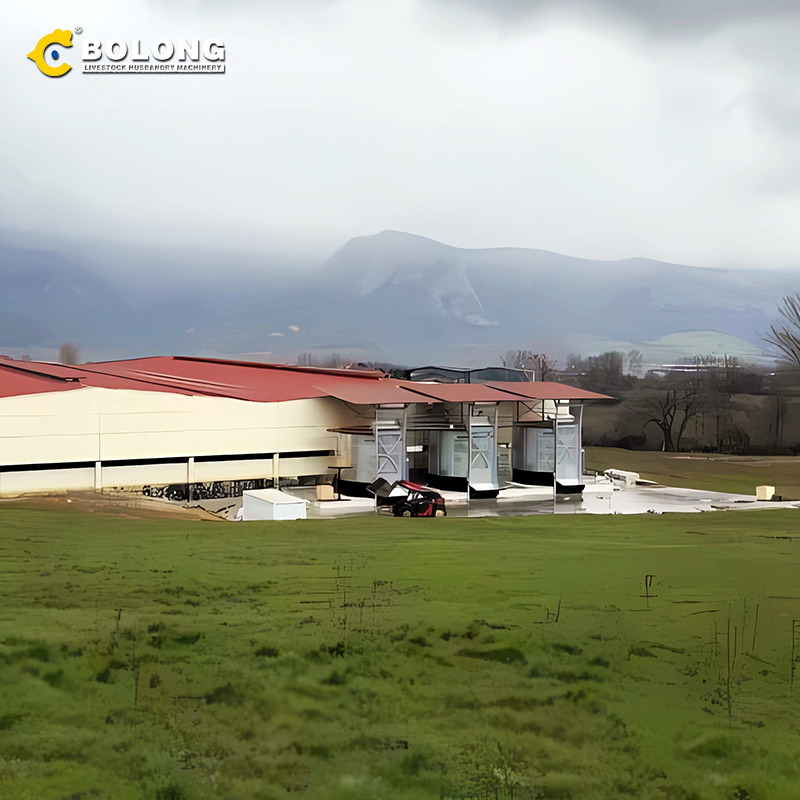
Apr 16, 2024 · Fermentation tanks enable brewers to replicate successful batches with high precision, ensuring that each bottle or pint meets the brewery’s standards and their customers’ expectations. Scalability: High-quality fermentation tanks are scalable and efficient, allowing breweries to increase their production without sacrificing the beer’s
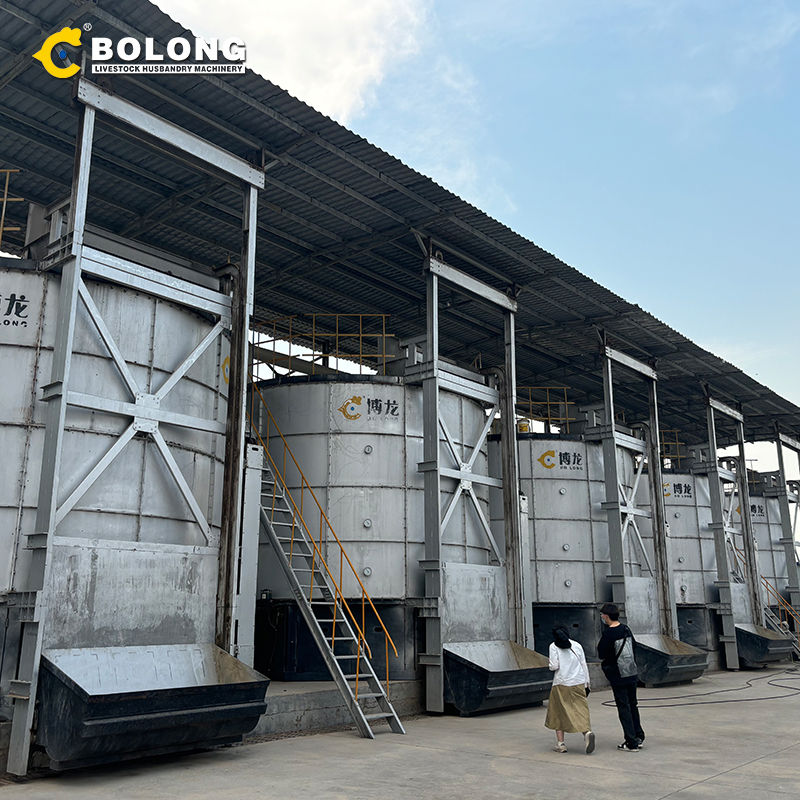
Jan 1, 2015 · Vinegar may be defined as the product of a double fermentation: an alcoholic fermentation of a sugary mash by a suitable yeast (usually a selected strain of Saccharomyces cerevisiae or ellipsoidens) and a second fermentation to oxidize the alcohol to acetic acid by a suitable culture of Acetobacter organisms.
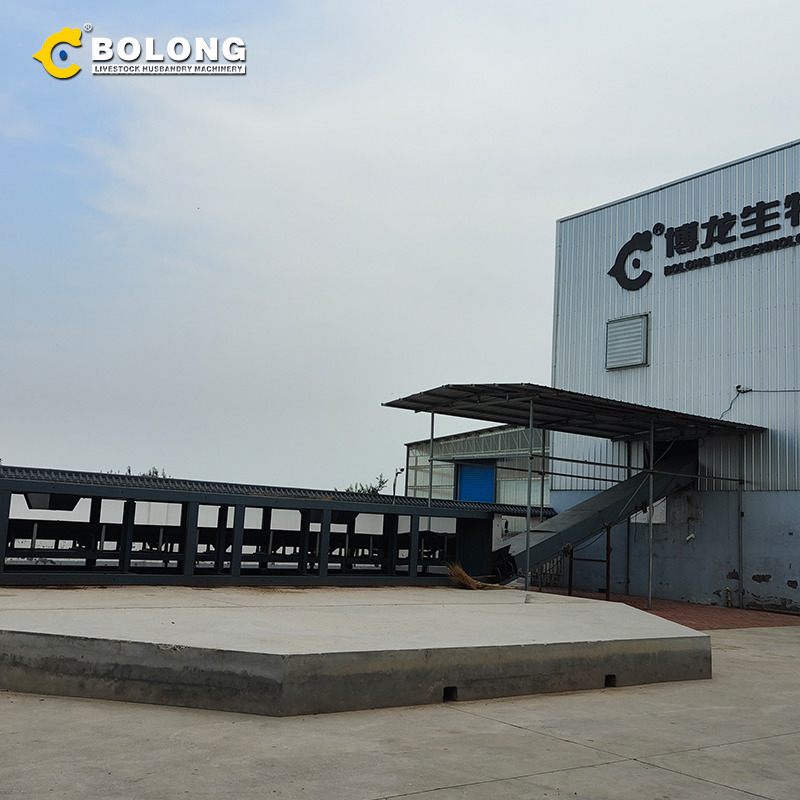
Apr 22, 2024 · Once fermentation is complete, the wine is transferred to aging vessels. Here, the wine matures and develops its complex flavors and aromas. Choosing the Right Stainless Steel Wine Fermentation Tank. Selecting the perfect stainless steel wine fermentation tank requires careful consideration of several factors: Capacity:

Call Versatile Tanks on 0407 484 460 or Request a Quote. Get a Tailored Quote Today. Contact Us " *" indicates required fields. Name. First Last. Phone. Email * Your

The Paul Mueller Company has been building beer fermentation vessels for over 50 years for breweries of all sizes. Our customers’ needs have given us many opportunities to innovate and build thousands of custom fermentation vessels in a wide range of shapes and sizes.
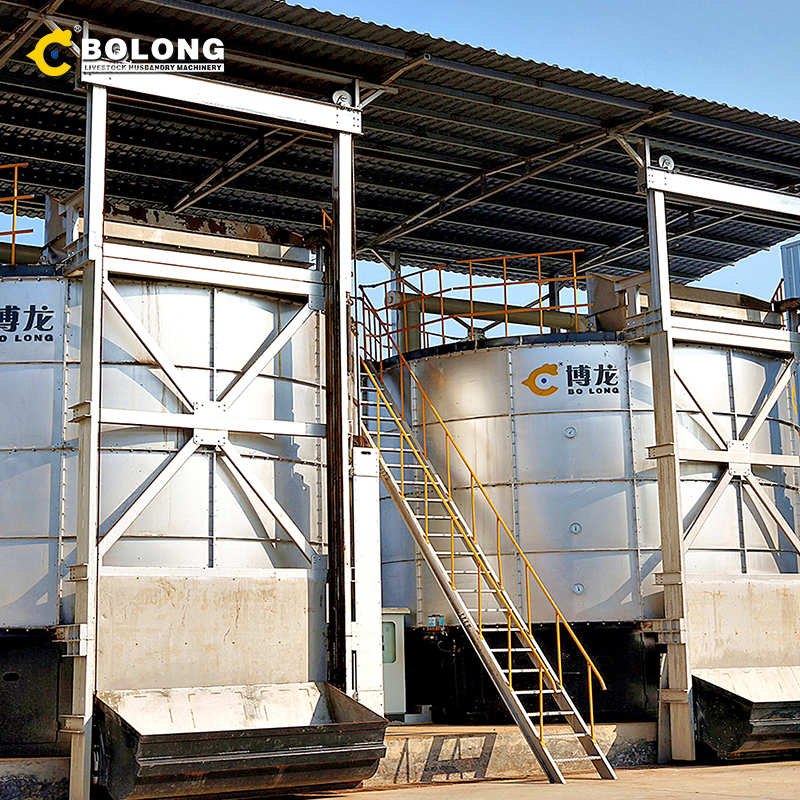
The FermTank is a versatile 8-gallon stainless steel fermenter with a welded drain valve for easy cleaning and rinsing. It also features a thermowell for precise temperature control, a domed lid for pressure transfers, and a blowoff hose barb.

Apr 17, 2023 · A 100bbl fermentation tank is an excellent investment for any brewery looking to increase production capacity and maintain consistent fermentation conditions. By understanding the brewing process, types of fermentation tanks, and factors to consider when choosing a tank, you’ll be well on your way to making the best decision for your brewery.

Nov 1, 2015 · CIP tank volumes are determined as follows: Pre-rinse tank. The volume of this tank is calculated as a function of the highest CIP flow volume, multiplied by the duration of the pre-rinse step. Typical pre-rinse times are 15–20 min for vessels, and 5 min for pipes. The pre-rinse tank usually stores the water from the final rinse.
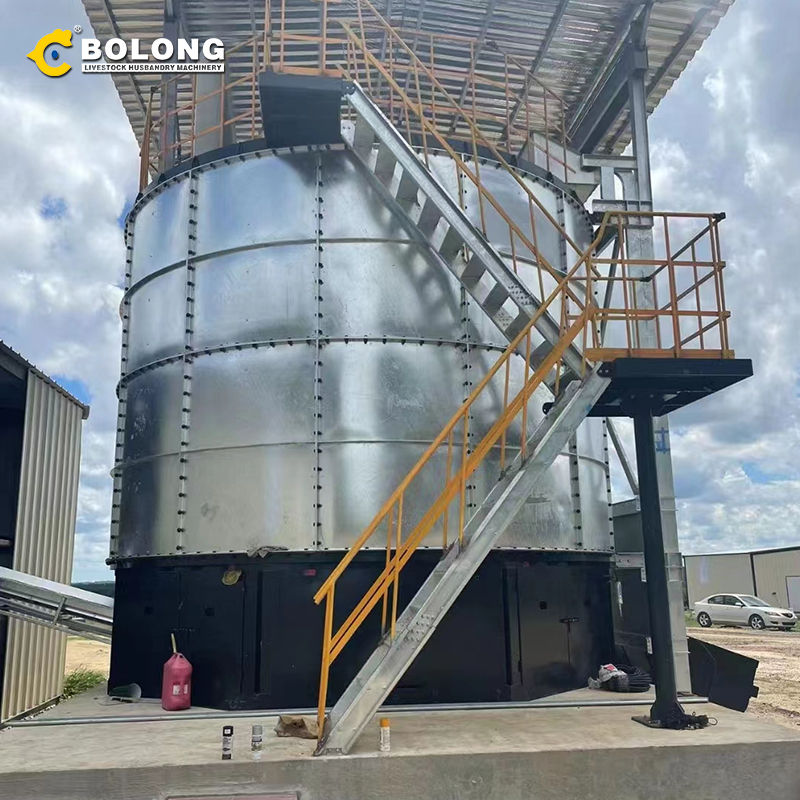
The volume of the fermentation tank we supplied is from max 400M3 to min 15L. We have improved the manufacture of coil (tube bundle) inside the tank and apply auto welding. In addition, we carry out 100% radio-graphic inspection on welding lines to ensure that the tube surface is smooth without scratch and reduce the microbiological

9. Seed Tanks: Inoculum of 1-10% is required to inoculate production tanks to reduce incubation period. They are also called as inoculum tanks. They are generally small sized fermenters in which inoculum is produced under controlled conditions. 10. Medium Preparation Vessel: Fermentation requires additional vessels for the preparation of medium.

Jan 19, 2024 · Beer Fermentation Tank Sizes. Beer fermentation tanks cover a wide range of sizes from a few barrels to massive volumes over 1000 barrels. Some typical fermenter capacities include: Pilot Systems: 1-3 BBL; Microbreweries: 3-7 BBL, 7-30 BBL; Pub Breweries: 15-30 BBL; Production Breweries: 30-300 BBL, 600-800 BBL, 1000+ BBL